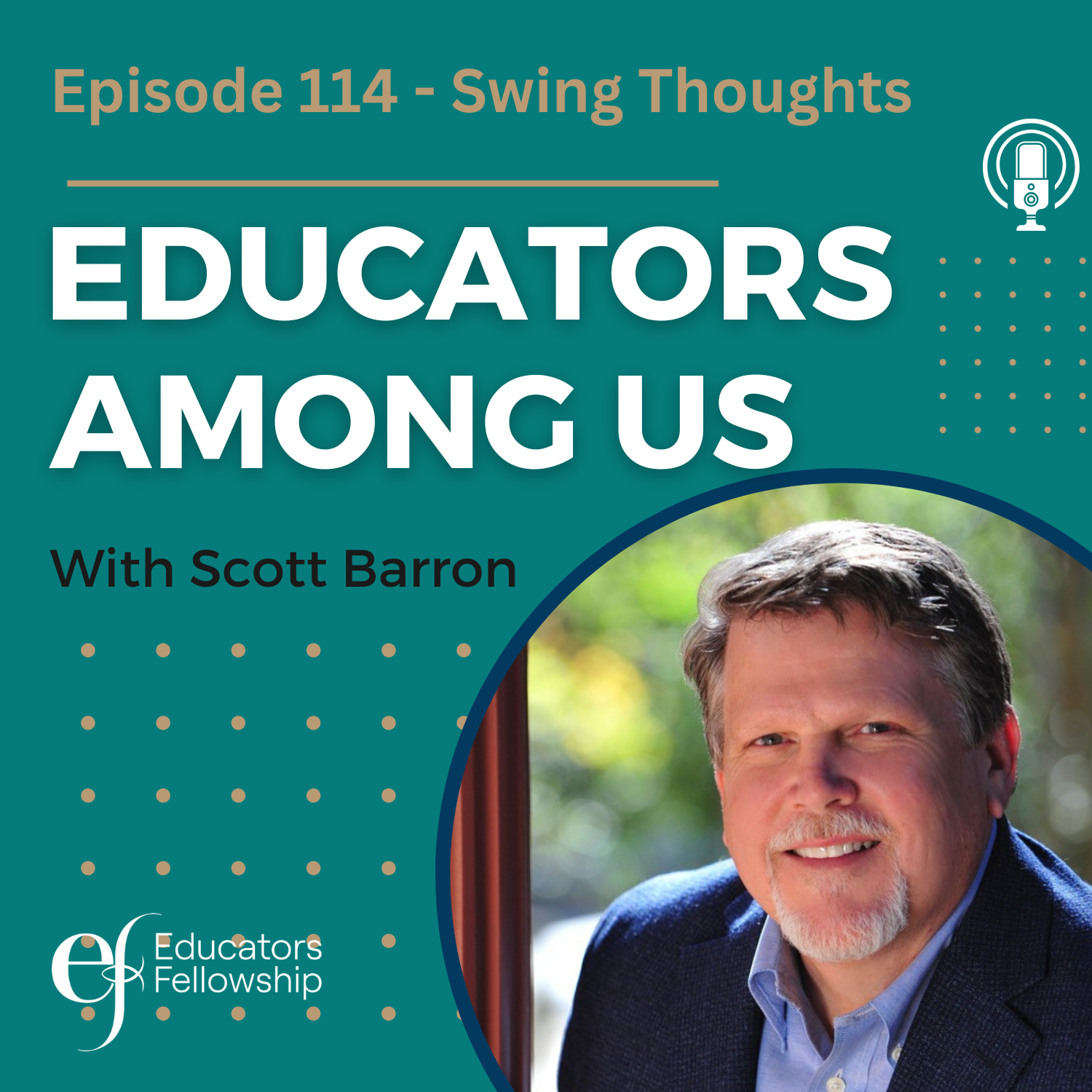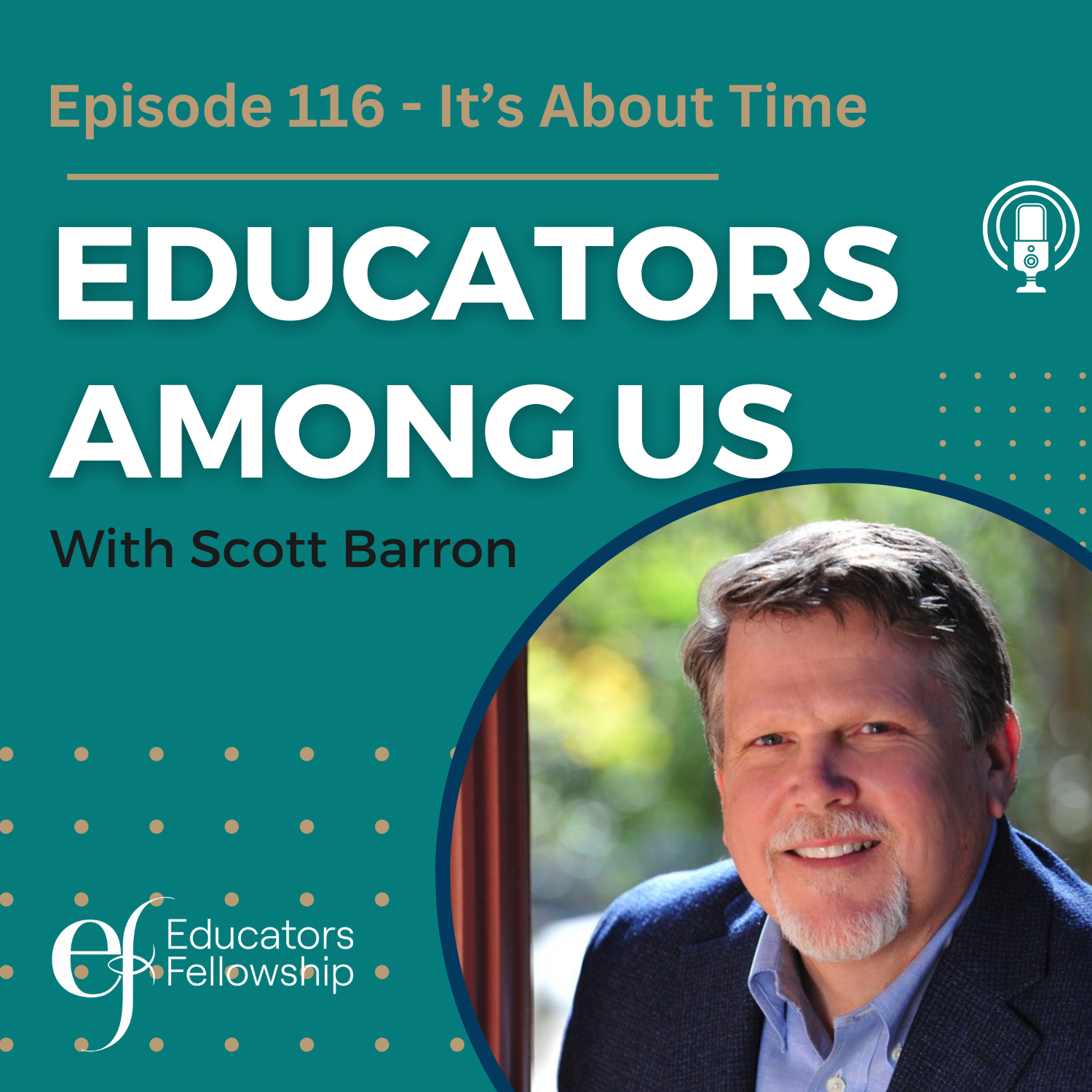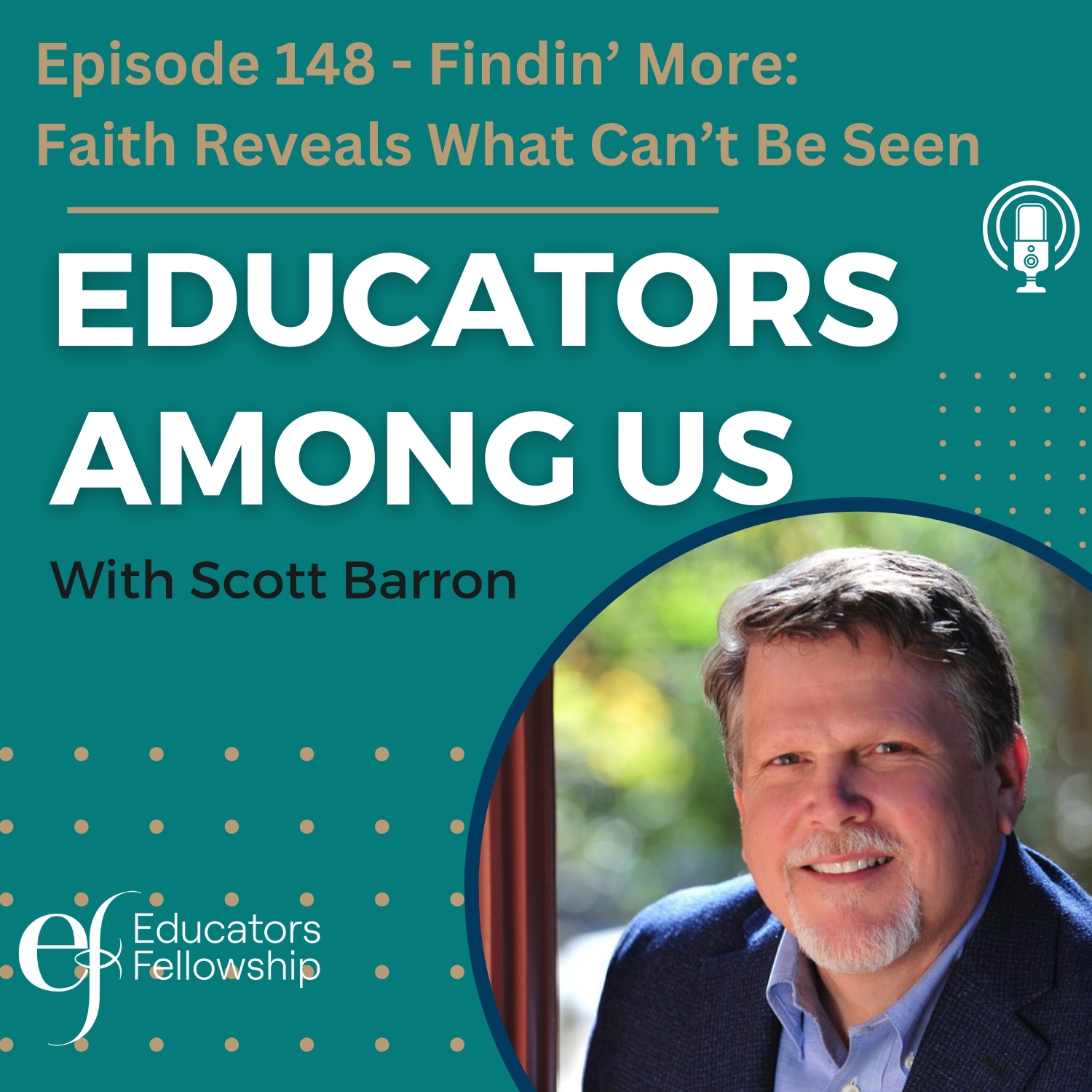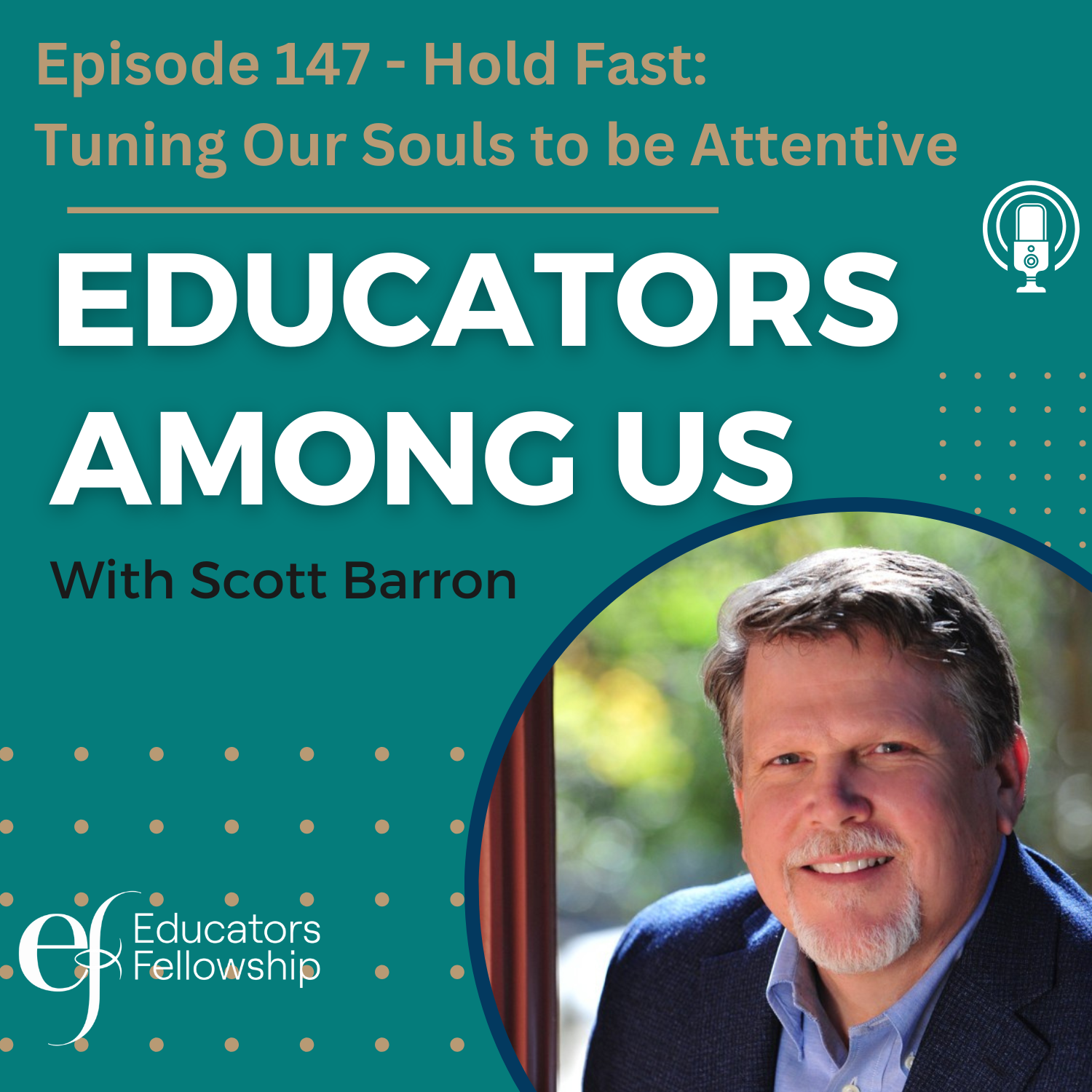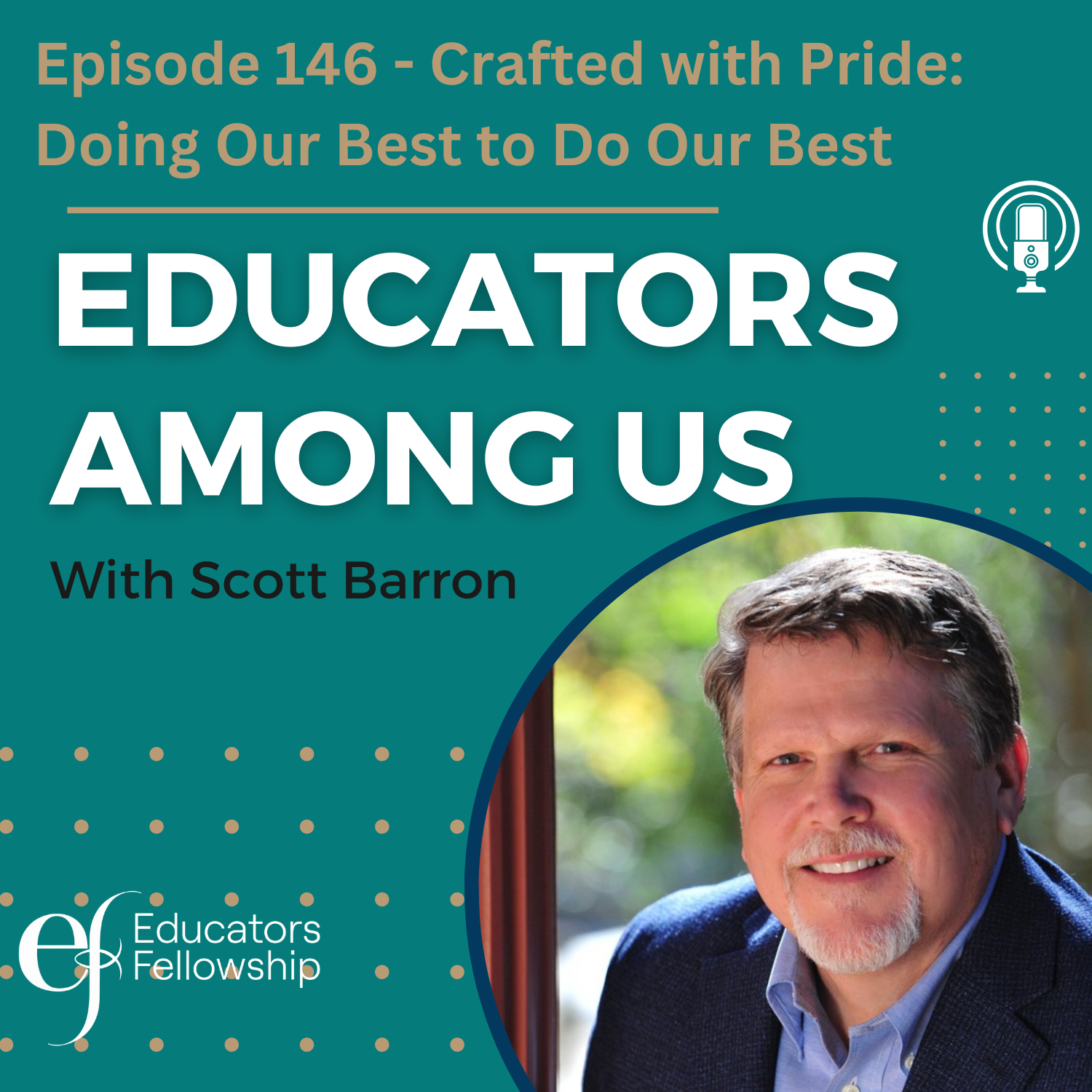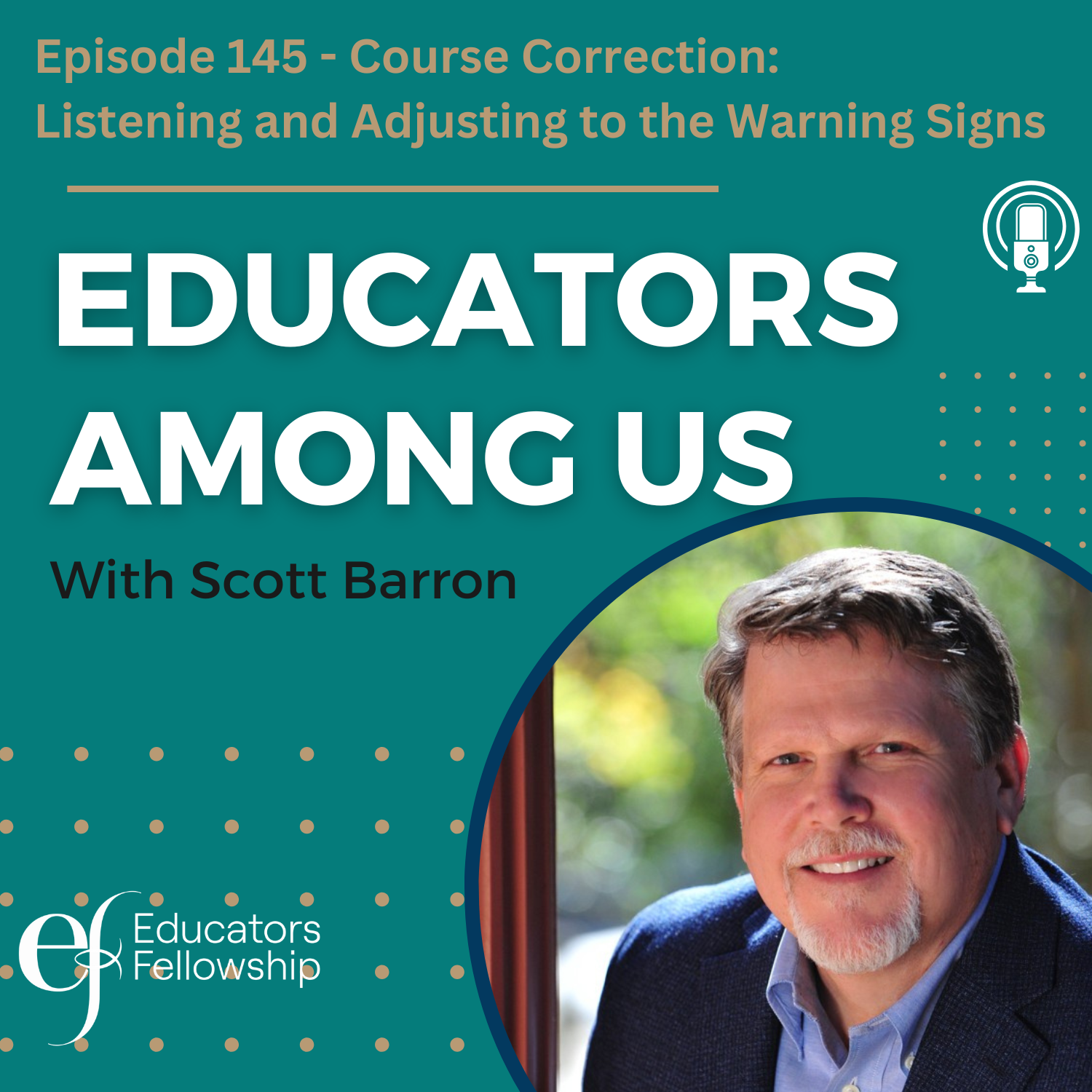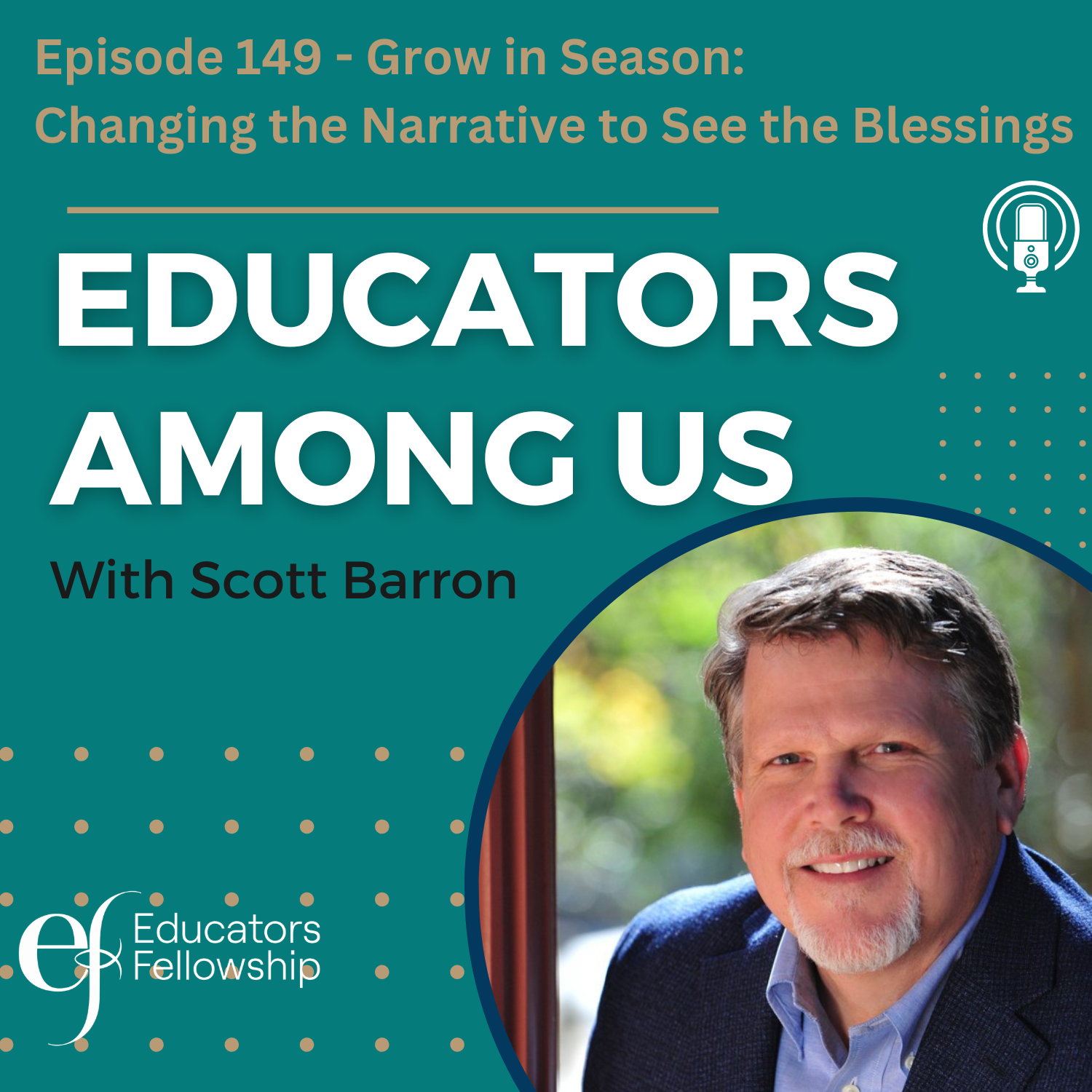
Blog
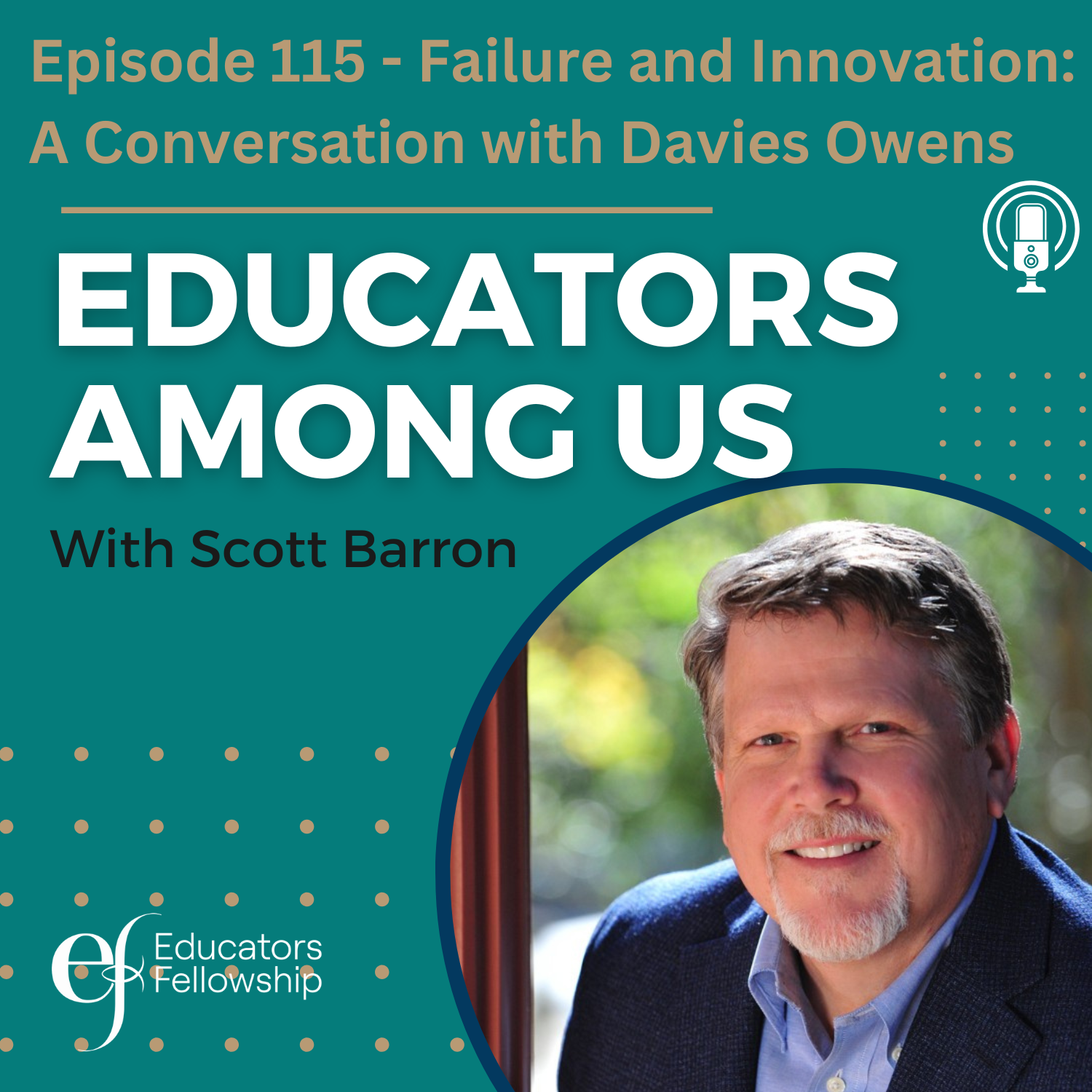
Reimagining Education with Davies Owens
What happens when a rocket-powered go-kart, a failed seventh-grade report card, and artificial intelligence collide? According to educator and entrepreneur Davies Owens, they can provide the inspiration to overcome failure, and perhaps form the unlikely blueprint for schools of tomorrow—where curiosity, creativity, and communication matter more than ever.
In a recent episode of the Educators Among Us podcast, host Scott Barron dives deep with Davies Owen, CEO of ZipCast, into how moments of failure can spark transformation, and how schools can embrace innovation, particularly in an age where AI is changing how we teach, and how we learn.
Davies begins with a story from his own life: a struggling seventh grader, actually held back a year, who had the wild idea to strap rocket engines to a go-kart. Instead of shutting it down, his science teacher, Mr. Dietz, encouraged him to turn it into a science project. “He was a teacher who was willing to take a little time outside of that lesson plan and that curriculum… and lit something in me—a fire that woke me up to the love of learning,” Davies said.
That spark led Davies down a winding path through church ministry, tech entrepreneurship, and eventually school leadership. But no matter the role, one thing stuck with him: the profound influence educators have over the 16,000 hours a student spends in K–12 education.
“What does it look like to raise up a generation who really knows how to think well, problem solve well?” he asked. “That’s what’s going to prepare them for the modern world.”
And that modern world includes AI. While many schools are focused on preventing students from short-cutting with ChatGPT, Davies sees a bigger picture. “The people who will lead in the AI era are the ones who can think clearly, prompt effectively, and communicate with precision”, he explained.
Rather than chasing every new piece of tech, Davies encourages schools to double down on the timeless skills that make innovation possible: Writing, rhetoric, critical thinking, and curiosity. “Let’s not get distracted by gadgets,” he said. “Let’s teach kids how to think. That’s the foundation for navigating an AI-powered world.”
One way Davies is putting this philosophy into practice is through Zipcast, a short-form educational platform that helps schools communicate better with families. In a world drowning in emails and newsletters, Zipcast delivers 10-minute audio updates—think announcements, parenting encouragement, student shoutouts—directly to parents’ phones. “It’s about connection,” Davies said. “It’s about getting your voice into the ear of your families. And that’s where trust begins.”
Scott Barron praised the model as a brilliant use of attention in a distracted age. “We’re trying to build trust, improve communication, and actually be heard,” he said. “And this format does that in a way no inbox ever could.”
Davies wrapped the conversation with a heartfelt reminder: innovation doesn’t require perfection—it requires persistence. “Thanks to all the teachers and educators out there taking the extra time to walk next to kids like me in seventh grade,” he said. “You’re making a difference. Don’t give up on them.”
Scott agreed. “That’s the power of one teacher. That’s the beauty of this calling.”
Whether you're an educator navigating technology, a school leader rethinking strategy, or a parent wondering how to keep up, this episode of the Educators Among Us podcast reminds us that education doesn’t need to compete with the future. It can help shape it.
Scott Barron
Scott E. Barron is the founder of Yabwi. As entrepreneur, author, and educator, his passion is helping people and organizations achieve greater purpose and joy.


